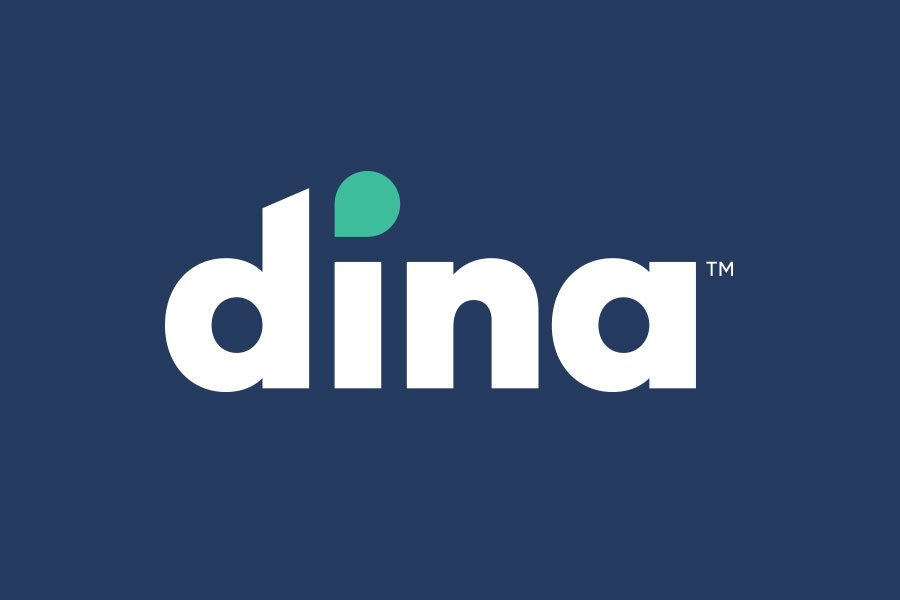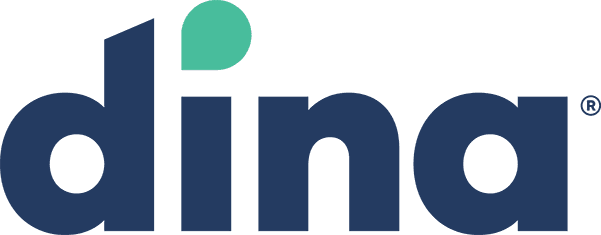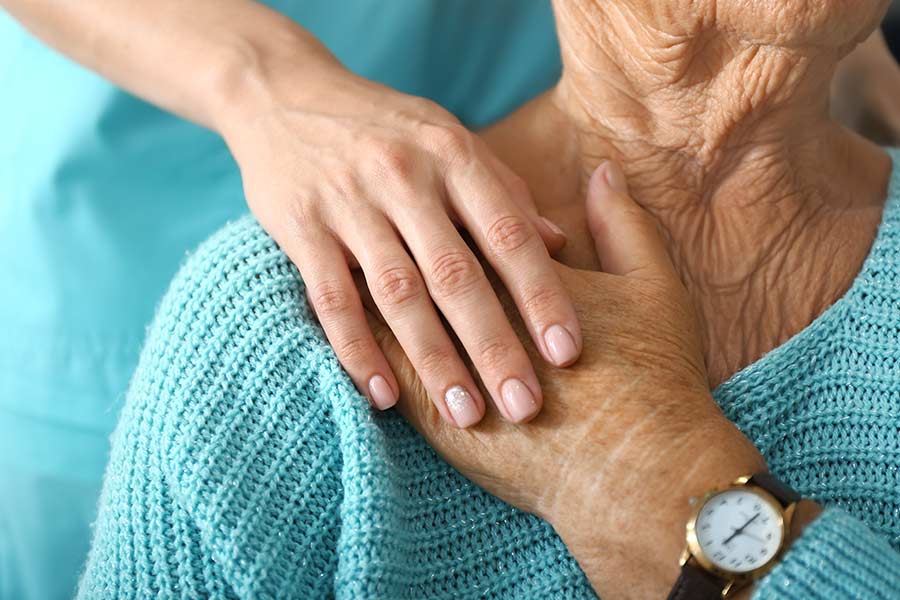
Lillian Funk, co-owner of Assisting Hands, an in-home care provider in Ashburn, Virginia, believes in the power of family connections. “When the family is engaged, we can deliver better care and provide a better patient experience,” she says.
There are more than 43 million informal caregivers in the United States, including spouses, partners, family members, friends and neighbors, according to the National Alliance for Caregiving, a non-profit advocacy and support group. About 80 percent provide unpaid care to adults age 50 or older; most average 20 hours a week providing care.
But what happens when family members want to be involved but don’t have time or don’t live nearby?
Funk says the family connection is still important.
Peace-of-mind for families
Most of Assisting Hands’ patients are elderly with conditions that can change quickly. Some have Alzheimer’s disease or other dementia. And many have adult children who aren’t their primary caregivers and may even live in a different city or state.
To foster this connection, Assisting Hands uses Prepared Health’s network, a HIPAA-compliant platform, to link the agency, family members and others on the care team. Similar to Facebook or other social networks, a patient’s progress can be updated and quickly shared with the entire team.
Funk says the platform eliminates the back-and-forth of phone calls and messages to and from clients. She also uses it to update clients on insurance payments and billing issues.
“It saves families a ton of time and gives them piece of mind,” she says. “They can see that we were there and did what we said we were going to do. They can communicate directly with us about changes or issues and we can take corrective action or provide supplemental care, if necessary.”
Input sets stage for care
One family member, for example, logged onto the platform every morning to update the agency on her 96-year-old mother’s condition. She shared information including doctor’s appointments, changes in medications, and eating and sleeping habits.
“Her input set the stage for care for the day and week,” says Funk. “The patient’s condition was always changing and her daughter was able to capture that information in real time. Her input was invaluable.”
Privacy is critical
Patient privacy is important, too. She says the agency is committed to communicating on a secure network, something that differentiates it from its competitors.
“We communicate quickly and compliantly and that’s a source of pride for us,” she says. “In this line of work, you put so much of yourself into caring for your clients. We immediately understood the value of the platform.”




